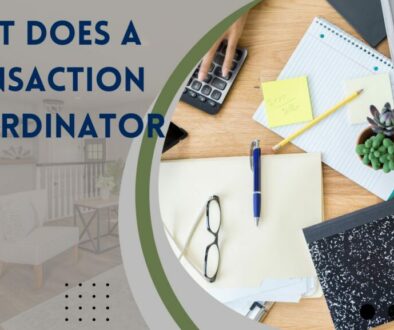First Time Land Buyer? Some Practical Advice
If you’ve never purchased land before for building, development, or business, you’re probably doing your homework and researching a lot of advice. As a land buyer and commercial real estate agent in Snohomish County for decades, I like to offer some practical advice for first-time buyers the first of which is using an agent that is very well-versed in familiar with the land purchasing transaction.
#1. Make sure you use a broker who is experienced with land rather than just a residential Realtor.
Residential real estate is much different than commercial real estate and you need different certifications and licenses to practice either. Most real estate agents focus just on residential and some just on a commercial while a few do both, like myself. An experienced LAN broker will understand the differences between land buying and home buying and how to read area land maps, developments, and more.
#2. Consider enlisting the help of a real estate attorney.
Because land development and land buying are so much more intricate, having a real estate attorney that also understands the intricacies and details of a real estate transaction is highly suggested an important. You could also save a lot of money simply by investing a few hundred dollars into a land attorney.
#3. Make sure you have an understanding of lot size.
What is an acre really look like? Did you know that is 43,560 ft.²? Did you know that a typical house is about 2000 ft.²? Do you have an understanding and an adequate grasp as to the size of that? Are you looking for larger acreages in order to develop the property or simply build your dream home? All of these details and understanding land values and the size of parcels of land is essential to purchasing the right lot for your needs.
#4. Understand that you’ll need to research how you will use the land.
Not only your lender, but you’ll need to know exactly what you’ll use the land for. Will it be used for homesteading, raising livestock, agricultural purposes, an outdoor park or retreat, hunting, a CSA or market garden, subdivide and split up into buildable lots, build those lots yourself, or simply leave the land as raw as possible? All of these uses will need to be specified to your lender.
#5. Discuss ways of paying for it.
First off, make sure you work with lenders that understand and no land funding. Farm credit institutions might be a good option rather than your local bank. Good lenders will structure payments based on the buyer and may collect payments quarterly or even annually depending on the usage of the land.
#6. Increase that credit score.
Lenders have a lot more borrowing restrictions for raw land than they do for an improved home or property. You usually need between 20% and 25% as a down payment and a good credit score and cash reserve is essential and will give you a much better chance of securing the loan you need.
#7. Make sure you understand the insurance that you’ll need.
You will need a lot of insurance on raw land but title insurance is highly recommended. This makes sure there are no questions about who actually owns the land. You’ll also want to get liability insurance for unique situations that can arise such as easements, people coming onto your land, injuries on your land and being held liable.
All of these details can put you in a better position to buy land, finance it, and secure it for whatever purpose you’ll need. But again, my primary suggestion is to use an agent that is well-versed in familiar with the land purchasing process.
Schedule a Consultation
Read More:
Land Prices in Snohomish County
How much money do you need to put down to buy land?



